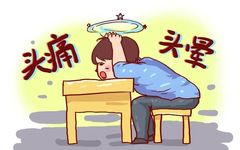 Have you ever experienced the following situation:Feeling exhausted, tired at work, tired at home, tired when going out, every breath feels tiring……Always feeling lazy, too lazy to do housework, too lazy to attend gatherings, too lazy to open packages, just feeling too lazy to move……In fact, you don’t want to be this lazy or tired, but you just can’t muster the energy. This situation is very likely due to a deficiency of “Qi”!
Have you ever experienced the following situation:Feeling exhausted, tired at work, tired at home, tired when going out, every breath feels tiring……Always feeling lazy, too lazy to do housework, too lazy to attend gatherings, too lazy to open packages, just feeling too lazy to move……In fact, you don’t want to be this lazy or tired, but you just can’t muster the energy. This situation is very likely due to a deficiency of “Qi”! Traditional Chinese Medicine (TCM) believes that Qi is composed of the clear Qi inhaled by the lungs, the Qi absorbed and transformed by the spleen and stomach from food and water, and the essence Qi from the kidneys. Qi often has functions of promoting, warming, defending, consolidating, and transforming, which can promote the excretion of fluids, the circulation of blood, and help resist external pathogens.Once Qi is deficient, its functions will decline, leading to reduced bodily functions, weakened disease resistance, and other signs of debilitation. So, what are the specific manifestations of Qi deficiency? How can you determine if you are Qi deficient? You can refer to the self-test table below.Self-Test for Qi Deficiency
Traditional Chinese Medicine (TCM) believes that Qi is composed of the clear Qi inhaled by the lungs, the Qi absorbed and transformed by the spleen and stomach from food and water, and the essence Qi from the kidneys. Qi often has functions of promoting, warming, defending, consolidating, and transforming, which can promote the excretion of fluids, the circulation of blood, and help resist external pathogens.Once Qi is deficient, its functions will decline, leading to reduced bodily functions, weakened disease resistance, and other signs of debilitation. So, what are the specific manifestations of Qi deficiency? How can you determine if you are Qi deficient? You can refer to the self-test table below.Self-Test for Qi Deficiency
- Easy to feel palpitations and shortness of breath
- Dizzy when standing up from a squat
- More susceptible to wind and cold
- Talks little, lacks energy
- Dislikes exercise, prefers to sit or lie down
- Easily fatigued, still tired after waking up
- Prone to spontaneous sweating, sometimes sweating a lot even while sitting
- In severe cases, loss of appetite, tongue with tooth marks, loose stools, and being weakly overweight
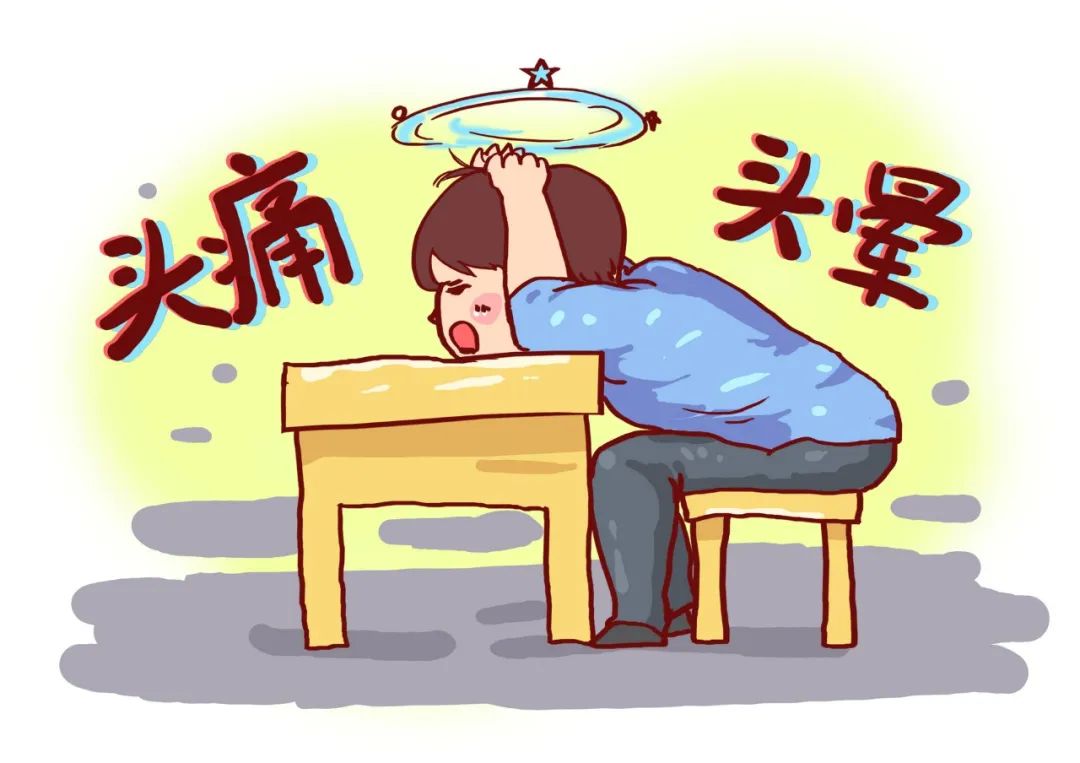
If you meet more than 4 of these criteria, it indicates that you are likely Qi deficient…… But do you know why you are Qi deficient? What are the common causes of Qi deficiency? Here are a few points to understand./ Five Causes of Qi Deficiency /1. Congenital Insufficiency
This refers to being born with a Qi deficient constitution. In congenital Qi deficiency, one type is hereditary, and another type is due to insufficient nutrition during pregnancy, or premature birth, frequent vomiting, leading to fetal malnutrition, resulting in a Qi deficient constitution.
2. Postnatal Malnutrition
This refers to irregular diet, lack of exercise, and irregular daily routines. Many people prefer rich foods and rarely eat fruits and vegetables; long-term consumption of greasy and rich foods can lead to nutritional imbalance, resulting in Qi deficiency. Sitting for long periods, often staying up late not only obstructs the circulation of Qi and blood but also depletes Qi and blood, leading to Qi and blood deficiency over time.
 3. Excessive Labor and Exhaustion
3. Excessive Labor and Exhaustion
In TCM, there is a saying that “excessive labor depletes Qi”. Nowadays, office workers often push themselves for performance, frequently working overtime has become the norm, and sometimes even engaging in heavy physical labor. If one does not pay attention to balancing work and rest in daily life, keeping the body in a state of exhaustion can easily lead to Qi deficiency.
4. Prolonged Illness or Bed Rest
Another cause of Qi deficiency is prolonged bed rest, as long-term illness and the consumption caused by diseases can lead to Qi and blood deficiency, such as cancer or rheumatic connective tissue diseases, or some cardiovascular diseases. Additionally, long-term bed rest, poor nutrition, limited physical activity, and the disease itself can all contribute to Qi deficiency.
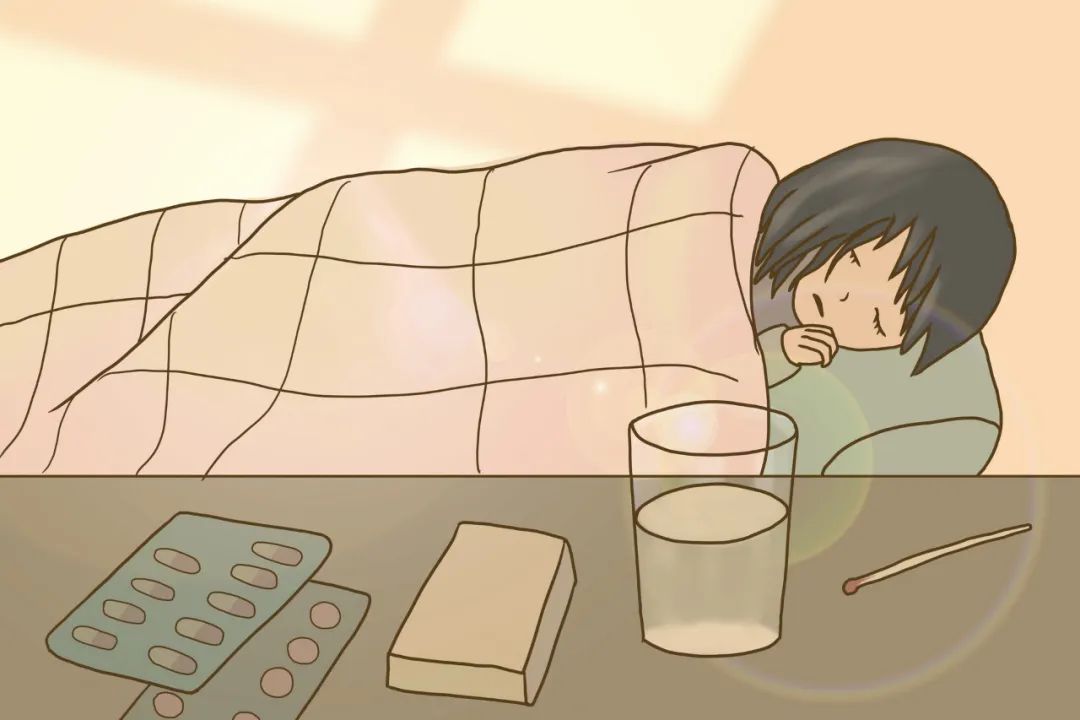 5. Chronic Illness or After Major SurgeryWhen a person suffers from a chronic illness or undergoes major surgery, they may feel greatly depleted during the recovery period, which is also a manifestation of Qi deficiency. At this time, it is necessary to actively regulate and nourish Qi.So how should a person with Qi deficiency properly regulate themselves in daily life? Here are some effective methods to nourish Qi deficiency symptoms, let’s take a look!/ How to Regulate Qi Deficiency /1. Gua Sha TherapyTCM believes that Qi can promote blood flow. Qi deficiency can lead to slowed blood flow, depriving the heart of sufficient nourishment, further weakening heart Qi. Therefore, for those with Qi deficiency, nourishing Qi and invigorating blood is very important! Through Gua Sha, Qi and blood can be adjusted, fatigue can be relieved, and immunity can be enhanced. However, it is important to note that those with Qi deficiency have a weak constitution, so during Gua Sha, the focus should be on nourishing methods, meaning that the force should be gentle, and the speed slow, avoiding excessive force to prevent overconsumption of body fluids and causing collapse.【Recommended Gua Sha Areas】: Du Meridian, Bladder Meridian, Ren Meridian
5. Chronic Illness or After Major SurgeryWhen a person suffers from a chronic illness or undergoes major surgery, they may feel greatly depleted during the recovery period, which is also a manifestation of Qi deficiency. At this time, it is necessary to actively regulate and nourish Qi.So how should a person with Qi deficiency properly regulate themselves in daily life? Here are some effective methods to nourish Qi deficiency symptoms, let’s take a look!/ How to Regulate Qi Deficiency /1. Gua Sha TherapyTCM believes that Qi can promote blood flow. Qi deficiency can lead to slowed blood flow, depriving the heart of sufficient nourishment, further weakening heart Qi. Therefore, for those with Qi deficiency, nourishing Qi and invigorating blood is very important! Through Gua Sha, Qi and blood can be adjusted, fatigue can be relieved, and immunity can be enhanced. However, it is important to note that those with Qi deficiency have a weak constitution, so during Gua Sha, the focus should be on nourishing methods, meaning that the force should be gentle, and the speed slow, avoiding excessive force to prevent overconsumption of body fluids and causing collapse.【Recommended Gua Sha Areas】: Du Meridian, Bladder Meridian, Ren Meridian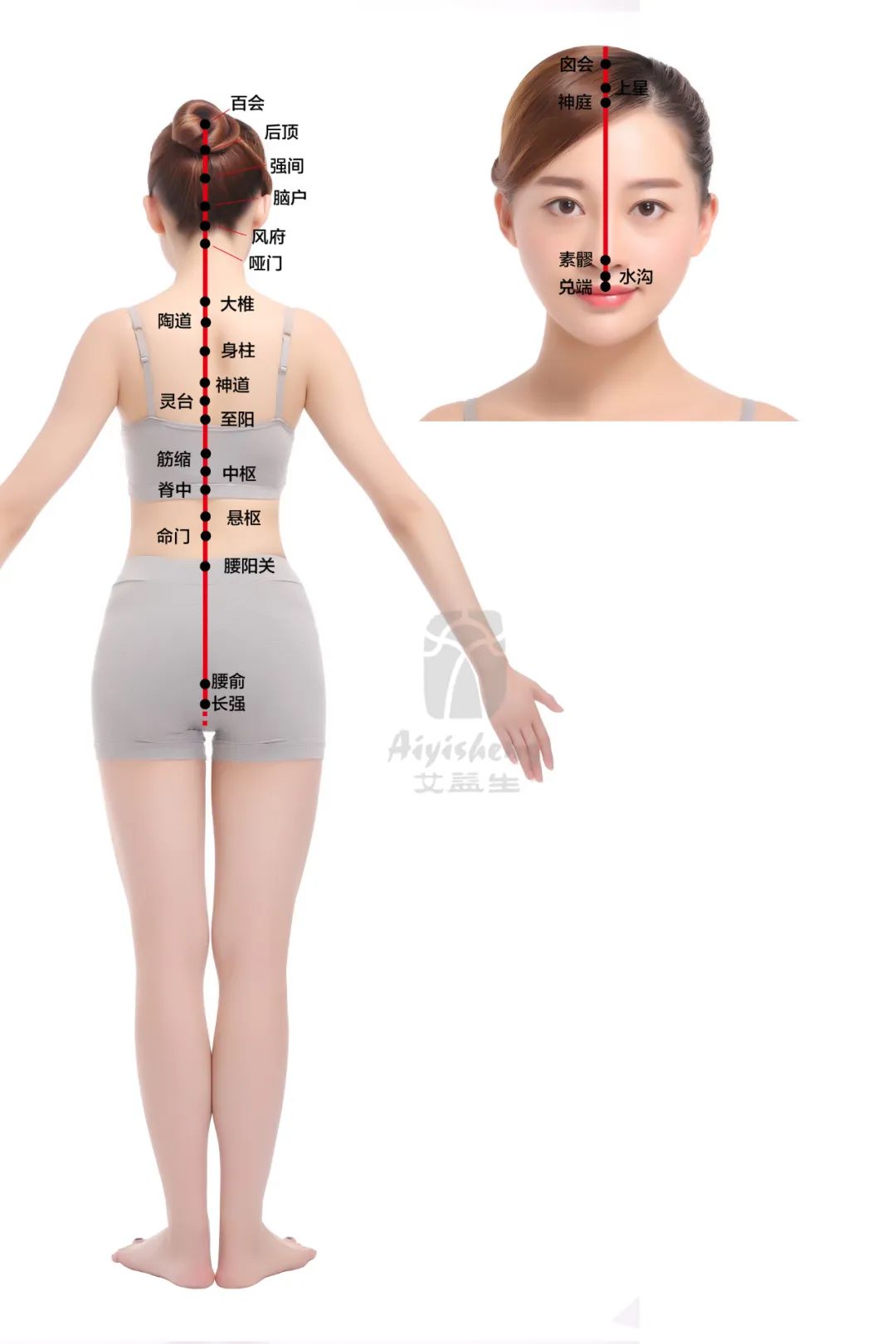
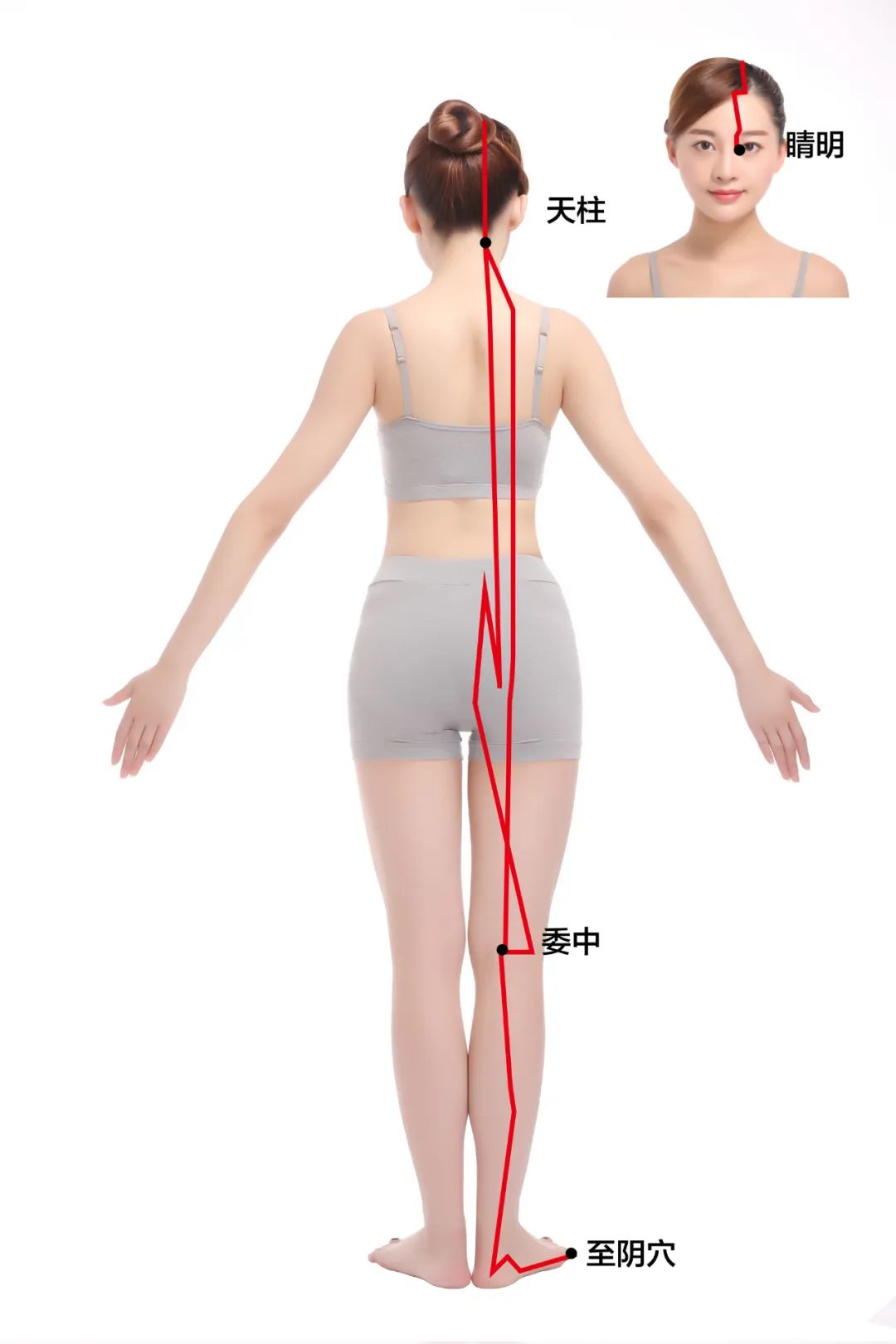
 Swipe left to see more2. Moxibustion TherapyRegulating Qi deficiency constitution should start from nourishing both postnatal and congenital Qi. Postnatal Qi includes defensive Qi, which has a protective function, and heart Qi, which maintains normal heartbeats; congenital Qi refers to the kidney Qi stored in the kidneys and the original Qi in the lower abdomen.By nourishing spleen Qi, the formation of postnatal Qi in other areas can be promoted, and nourishing the kidneys and cultivating the original Qi can mobilize the original Qi in the body to exert its fundamental driving force. Therefore, moxibustion on the points of the Bladder Meridian and the Stomach Meridian can achieve the effect of nourishing Qi and blood, and stimulating original Qi, thus allowing Qi and blood to flow smoothly.【Recommended Moxibustion Points】: Shenque, Qihai, Zusanli
Swipe left to see more2. Moxibustion TherapyRegulating Qi deficiency constitution should start from nourishing both postnatal and congenital Qi. Postnatal Qi includes defensive Qi, which has a protective function, and heart Qi, which maintains normal heartbeats; congenital Qi refers to the kidney Qi stored in the kidneys and the original Qi in the lower abdomen.By nourishing spleen Qi, the formation of postnatal Qi in other areas can be promoted, and nourishing the kidneys and cultivating the original Qi can mobilize the original Qi in the body to exert its fundamental driving force. Therefore, moxibustion on the points of the Bladder Meridian and the Stomach Meridian can achieve the effect of nourishing Qi and blood, and stimulating original Qi, thus allowing Qi and blood to flow smoothly.【Recommended Moxibustion Points】: Shenque, Qihai, Zusanli
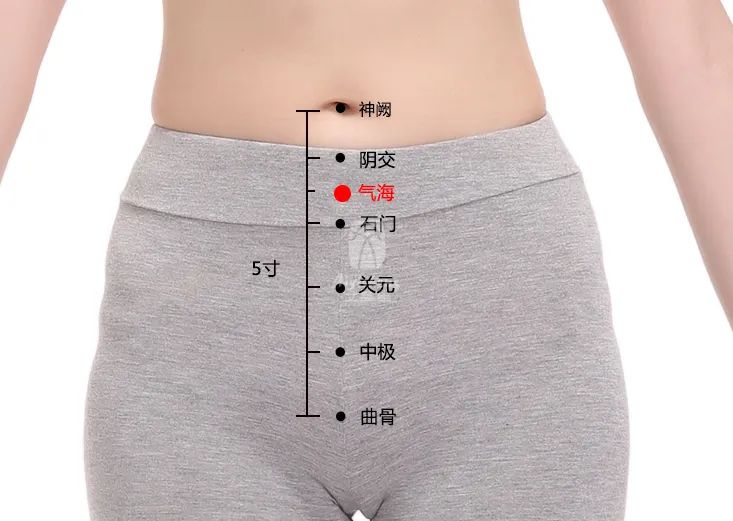
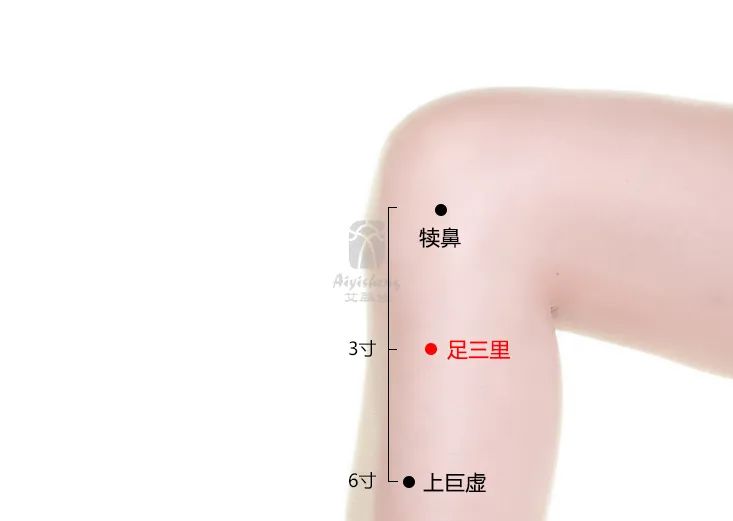 Swipe left to see more3. Dietary TherapyPeople with Qi deficiency can use dietary therapy to nourish lung Qi, benefit spleen Qi, and enhance resistance and immunity. Here is a simple recipe for nourishing Qi:
Swipe left to see more3. Dietary TherapyPeople with Qi deficiency can use dietary therapy to nourish lung Qi, benefit spleen Qi, and enhance resistance and immunity. Here is a simple recipe for nourishing Qi:
Huang Qi and Goji Berry Tea

【Ingredients】: Huang Qi (Astragalus), Gan Cao (Licorice) 4g each, and 8g of Goji Berries.
【Preparation】: All three ingredients are steeped in boiling water, covered, and steeped for 30 minutes.
【Effects】: This formula has the effect of nourishing lung Qi and is suitable for those with Qi deficiency.
4. Exercise TherapyThe Huangdi Neijing states: “Prolonged lying harms Qi”. When people feel tired, they often want to lie down. It is recommended to choose a suitable exercise method to get moving, otherwise, the more you lie down, the more Qi you will deplete. However, it is important to note that “excessive labor depletes Qi”, those with Qi deficiency should avoid intense and prolonged exercise to prevent depleting vital Qi. Gentle exercises such as Tai Chi or Ba Duan Jin are recommended.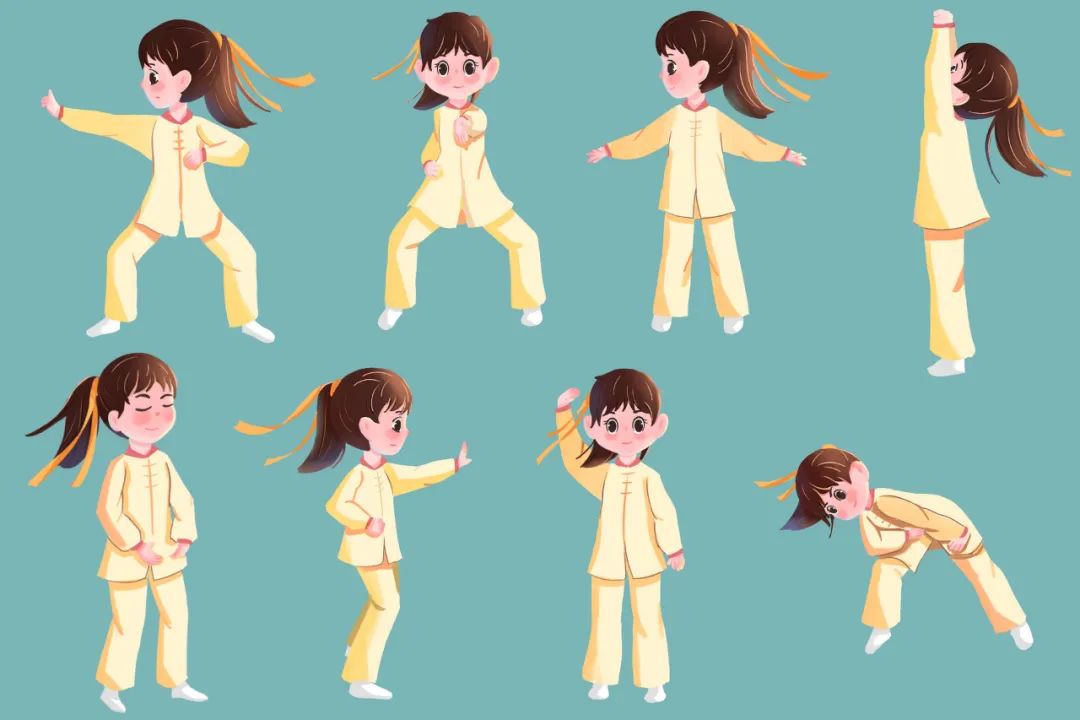 5. Emotional RegulationPeople with Qi deficiency should maintain a good mood and a peaceful mindset. The lungs govern the Qi of the body; sadness depletes Qi, and excessive worry can harm the lungs. Therefore, those with Qi deficiency should avoid excessive thinking and sadness. It is beneficial to participate in social activities, communicate and interact with others, and face life with a positive and proactive attitude.
5. Emotional RegulationPeople with Qi deficiency should maintain a good mood and a peaceful mindset. The lungs govern the Qi of the body; sadness depletes Qi, and excessive worry can harm the lungs. Therefore, those with Qi deficiency should avoid excessive thinking and sadness. It is beneficial to participate in social activities, communicate and interact with others, and face life with a positive and proactive attitude. 6. Daily Routine RegulationPeople with Qi deficiency should try to maintain adequate sleep, avoid excessive exposure to cold, and do not let the temperature difference between indoors and outdoors be too great. Especially when returning home sweaty, avoid direct exposure to air conditioning. Those with Qi deficiency are more prone to colds, and working long hours in air-conditioned rooms increases the likelihood of catching a cold, so extra care should be taken to keep warm.
6. Daily Routine RegulationPeople with Qi deficiency should try to maintain adequate sleep, avoid excessive exposure to cold, and do not let the temperature difference between indoors and outdoors be too great. Especially when returning home sweaty, avoid direct exposure to air conditioning. Those with Qi deficiency are more prone to colds, and working long hours in air-conditioned rooms increases the likelihood of catching a cold, so extra care should be taken to keep warm.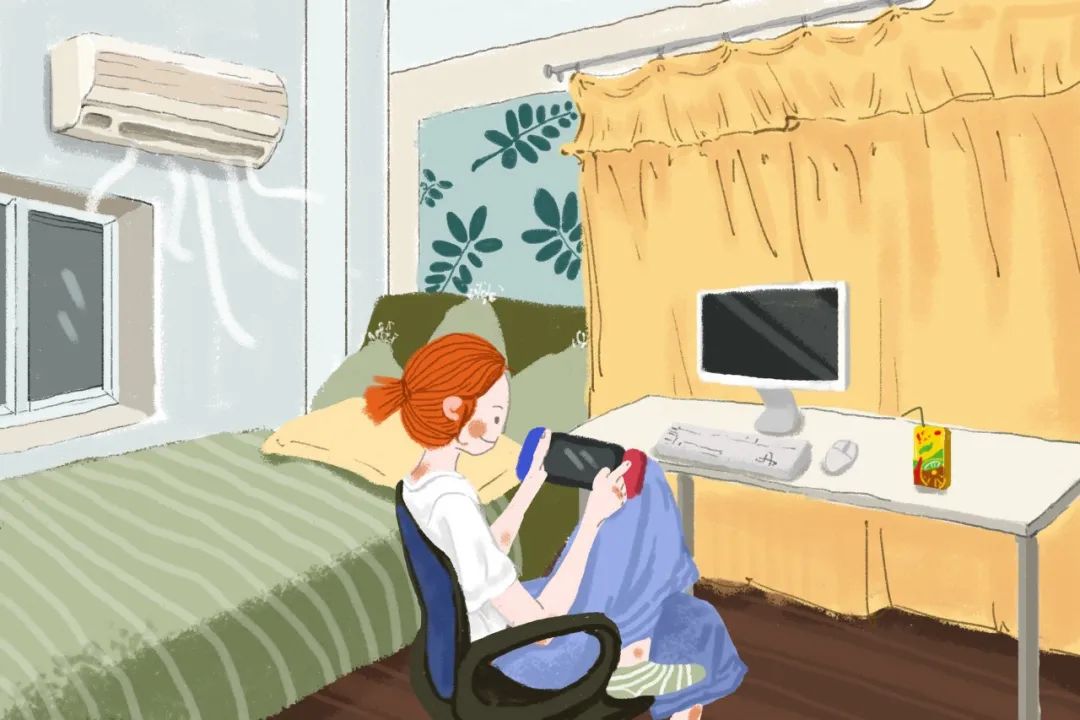 Daily regulation for those with Qi deficiency is very important, and the methods have been shared with you. Remember to apply them and always maintain abundant vitality and energy~Share this with your friends to spread knowledge.Don’t forget to「like👍+view👀」, and it would be even better to save🎁 it for future reference!(If there’s anything else you want to know, feel free to leave a comment below)Share📨, like👍, view👀, and save🎁 in a four-step action,so you can stay updated with new articles, we don’t want to miss any opportunity to care for you.————————————————-
Daily regulation for those with Qi deficiency is very important, and the methods have been shared with you. Remember to apply them and always maintain abundant vitality and energy~Share this with your friends to spread knowledge.Don’t forget to「like👍+view👀」, and it would be even better to save🎁 it for future reference!(If there’s anything else you want to know, feel free to leave a comment below)Share📨, like👍, view👀, and save🎁 in a four-step action,so you can stay updated with new articles, we don’t want to miss any opportunity to care for you.————————————————-

↓Sharing health is a kindness

